Hospitality industry in Wales will reopen to people in May. How hard is it to relaunch hotel businesses at the end of the lockdown?
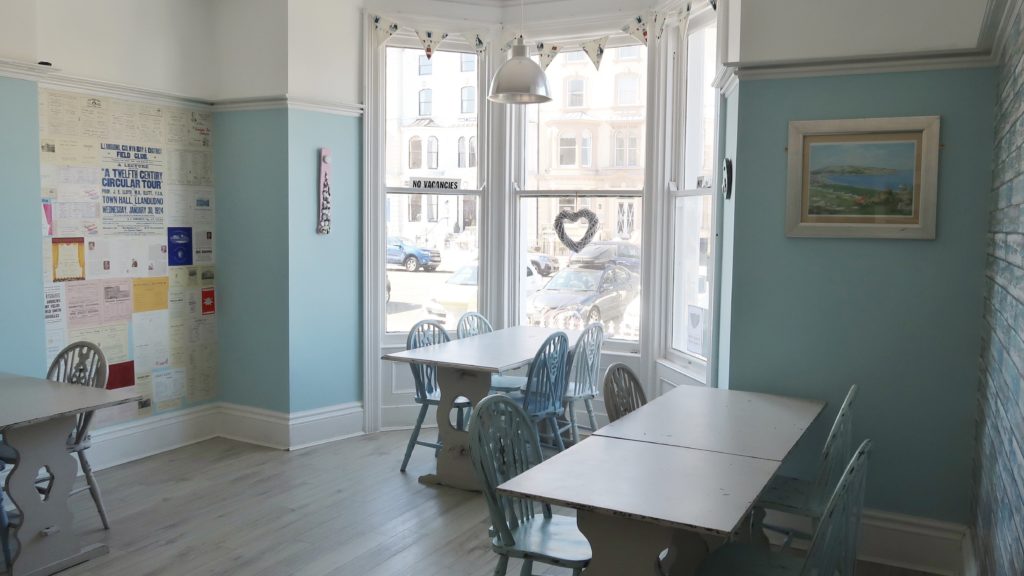
It was time for breakfast at 8 a.m., but the hotel restaurant was empty. David Owen, a 53-year-old hotel runner in Llandudno, Wales, pushed the kitchen door open with his hips and edged his way carefully through the crack, because his hands were full of food bags.
He reached room 206, where a woman on a trip from Cardiff lived, and knocked at the door. A few minutes later an answer came out. “There’s your breakfast at the door, enjoy it,” said David, and went down into the next room with the rest of the bags.
It was the first day his hotel officially opened to visitors from Wales, but all guests were no longer allowed to eat in the downstairs restaurant. After the restart, the service job in the hotel has been completely changed due to COVID.
“The difficulty really is there’s a lot more work when reopening, especially after we lost our means of income during the lockdown,” said David.
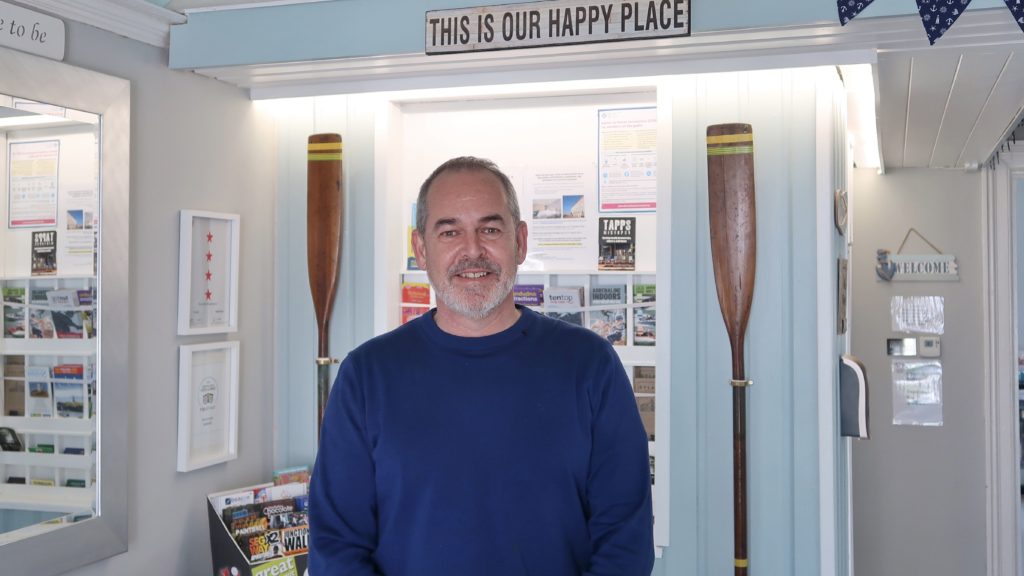
David and his wife Cheryl, 51, entered the hospitality industry at the end of 2018 after giving up their 30-year career. “It’s not an easy decision,” said David.
The starting point of the business was to escape from previous stressful work environments. They used to be a local authority clerk and a psychiatric nurse. “Both jobs were very demanding and stressful, so we looked at what we could do to change our lives.”
They ended up running the hotel on the street next to the beach. “We love it because of the location,” said David. “It’s nice to be working for ourselves. We don’t have the stress of commuting to and from work.”
But every day is not Sunday – they had to undergo unexpected pressures as the hotel runners when the whole industry was reeling because of COVID-19.
After the UK lockdown began in March last year, their business plans were no longer under their own control, but bounced back and forth between ‘open’ and ‘closed’ as the number of COVID-19 cases and restriction policies changed.
The peaceful life they had hoped for disappeared.
”It’s over 12 months now,” said David. “We only had a 12-week period of business.”
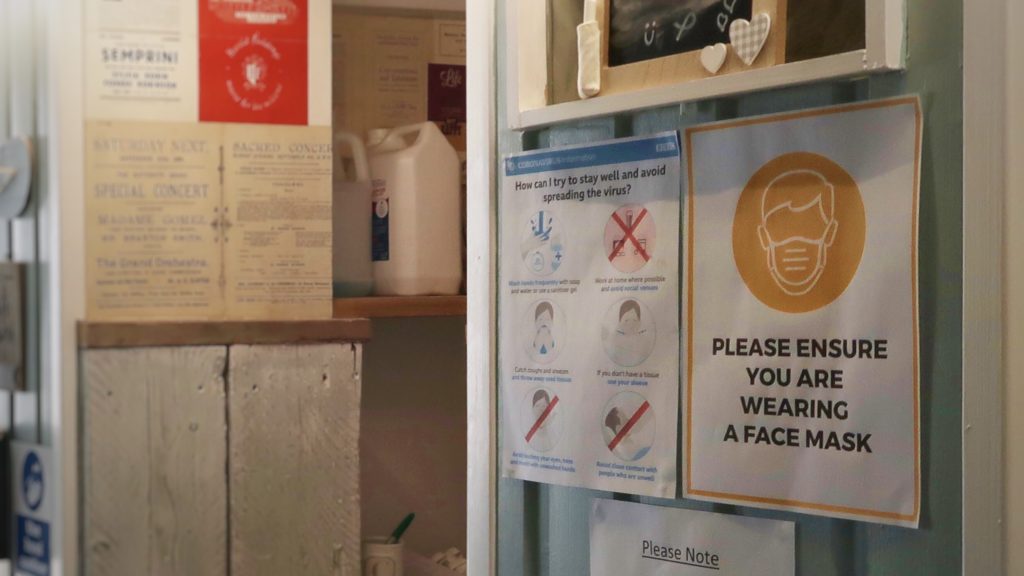
The hospitality industry will to all the people in May is a lifesaver for hoteliers, but David scowled as he talked about it. After the lockdown that lasted more than one year in the UK, he expressed more apprehension and doubt about relaunching than excitement and anticipation.
“There has been increased costs for businesses,” said Andrew Campbell, the chair of the Wales Tourism Alliance.
To protect guests and staff, hoteliers must follow the industry’s security protocols. Everything from large disinfection equipment to tiny COVID-19 markers in hotel corridors adds to the financial burden on businesses.
“We have to do regular sanitization and there’s hand sanitizer in the communal areas. We bought markings keeping everybody can keep a two-meter distance,” said David.
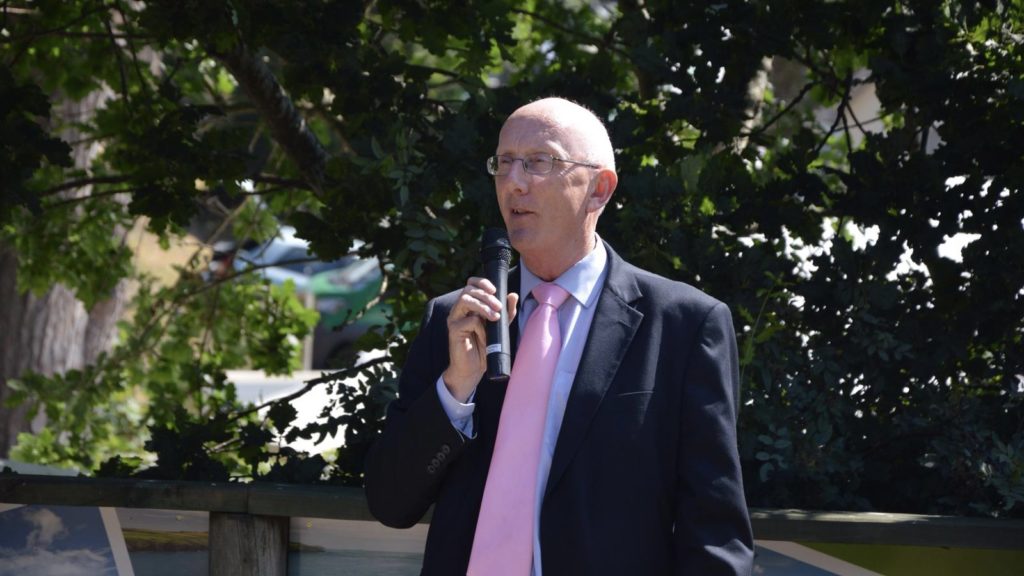
In addition to the funds spent on the hotel’s anti-pandemic regulations, more HR costs will be invested to train the staff, with the aim of providing guests with different services to ensure health and safety.
In the sector where appetency is a key element, all the hotel staff now have to wear a mask at all times in public areas and deliberately maintain a social distance when talking to guests. The enthusiasm is communicated only through two eyes that peeped out of a mask. “We’re having to do things very differently than we would in normal circumstances,” said David.
The staff also need to collect the breakfast menu completed by all guests the night before to make sure that the food will be delivered to the room the next morning.
“It’s all delivered in back disposable containers,” said David, which means that hotels will be spending extra money on disposable cutlery and packaging that would not have been used in large quantities in the past.
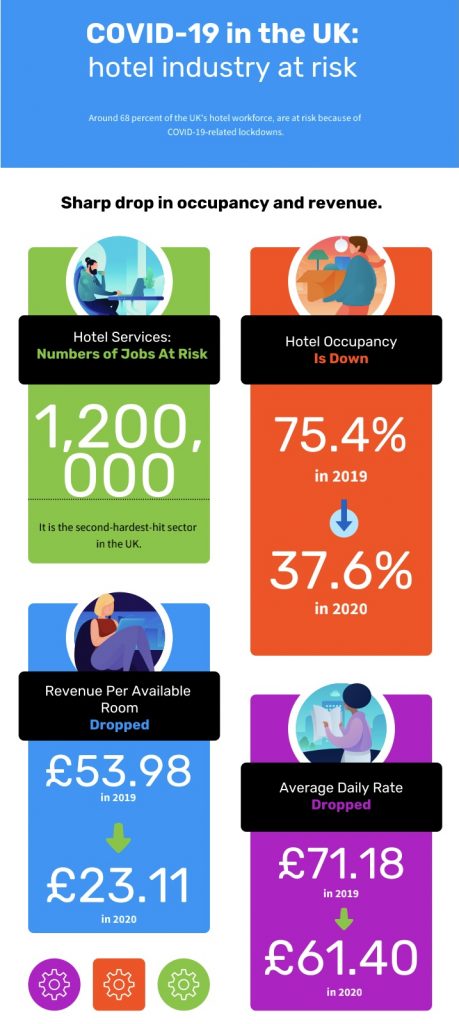
“But the cash reserves are very low. Businesses are just right on that edges,” said Andrew. With low cash flow, the cost of COVID-driven spending is adding insult to injury for hoteliers.
Reduced cash flow is a current financial problem for hotels, which are under the dual pressure of losing revenue and still having to spend money to maintain hotel infrastructure during the lockdown. “We lease the car park at the back of the guest house and that still has to be paid each month,” said David.
Andrew said that most hotels have been artificially supported under the COVID crisis, such as all the government grants, favorable interest rates and the VAT. “But it still doesn’t compensate for the loss of income, because we still have the bills and the mortgage to pay,” said David.
“The reopening of the hotel industry is a double-edged sword,” said Andrew. Businesses are bracing for more trade, but popular tourist areas are likely to face a new round of lockdown as dense crowds increase the risk of the coronavirus spreading.
“We would go bankrupt, if we are to go into another lockdown,” said David.
“That’s the real fear, so that’s why we’d have to operate safely,” said Andrew. He believes it is the responsibility of everyone in the hospitality industry to maintain an edge and take control at this critical time.
“We’ve seen how vulnerable the hospitality industry is – 97% of businesses shut down in Wales last March and people have lost their jobs,” said Andrew. “If we have another shutdown that’s going to be very serious.”
